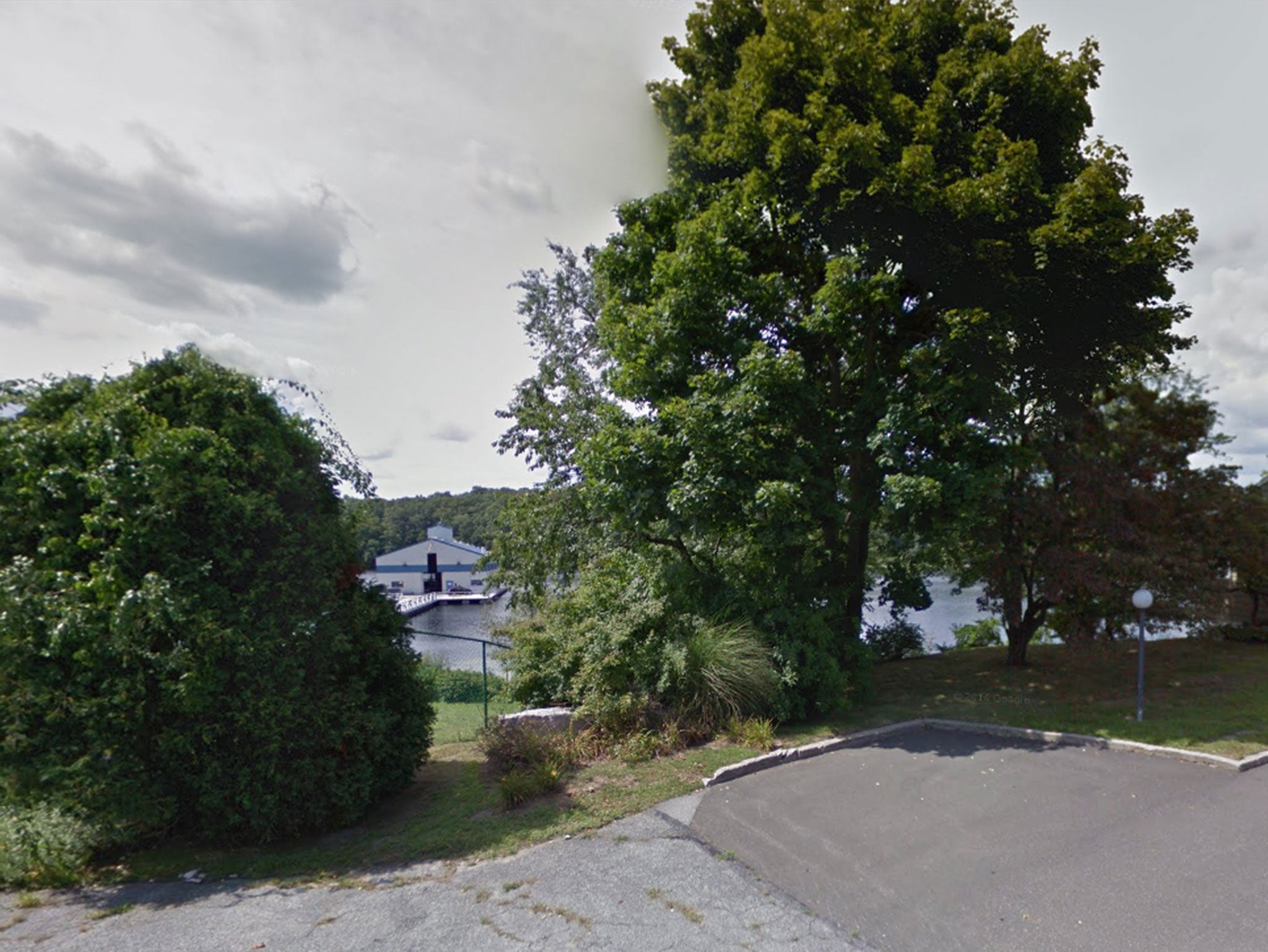The Independent's journalism is supported by our readers. When you purchase through links on our site, we may earn commission.
Virus discovered in pond can help kill antibiotic-resistant superbugs
Scientists hail ‘natural’ way to fight potentially deadly infections

Your support helps us to tell the story
From reproductive rights to climate change to Big Tech, The Independent is on the ground when the story is developing. Whether it's investigating the financials of Elon Musk's pro-Trump PAC or producing our latest documentary, 'The A Word', which shines a light on the American women fighting for reproductive rights, we know how important it is to parse out the facts from the messaging.
At such a critical moment in US history, we need reporters on the ground. Your donation allows us to keep sending journalists to speak to both sides of the story.
The Independent is trusted by Americans across the entire political spectrum. And unlike many other quality news outlets, we choose not to lock Americans out of our reporting and analysis with paywalls. We believe quality journalism should be available to everyone, paid for by those who can afford it.
Your support makes all the difference.A virus found in a pond in Connecticut could help kill lethal superbugs that infect wounds and severe burns, according to new research.
The virus, which is a type of bacteriophage, a name that means “devourer of bacteria”, was discovered by Yale University scientists in Dodge Pond in East Lyme, according to a paper in the journal Scientific Reports.
They discovered that the virus, called OMKO1, attacks a type of multi-drug resistant bacteria that can cause the death of people with damaged immune systems.
Antibiotics and bacteria have become involved in an evolutionary arms race. As bacteria are killed off by the drugs, new strains emerge that can survive them.
However, it is thought the bacteria might not be able to evolve to avoid the effects of the phage, weakening them to such an extent that the antibiotics are effective.
Professor Paul Turner, the chair of the ecology and evolutionary biology department at Yale, said: “We have been looking for natural products that are useful in combating important pathogens.
“What’s neat about this virus is it binds to something the organism needs to become pathogenic [disease-causing], and backs it into an evolutionary corner such that it becomes more sensitive to currently failing antibiotics.”
The bacteria attacked by the phage, called Pseudomonas aeruginosa, make their own antibiotics to fight off the antibiotic drugs designed to kill it.
But the Dodge Pond phage attaches itself to the cell membrane where the bacteria pump out its antibiotics. This causes changes in the membrane that makes this pumping mechanism less efficient, the researchers found.
The virus should help preserve our limited antibiotic arsenal in combating deadly bacteria, Professor Turner said.
P. aeruginosa infections affect patients with severe burns, surgical wounds, cystic fibrosis and other conditions that compromise the immune system.
Professor Turner added that other phages appeared to offer hope of creating new ways to combat bacterial pathogens that affect animals and crops in agriculture and contaminate pipes and equipment used in food production.
Join our commenting forum
Join thought-provoking conversations, follow other Independent readers and see their replies
Comments